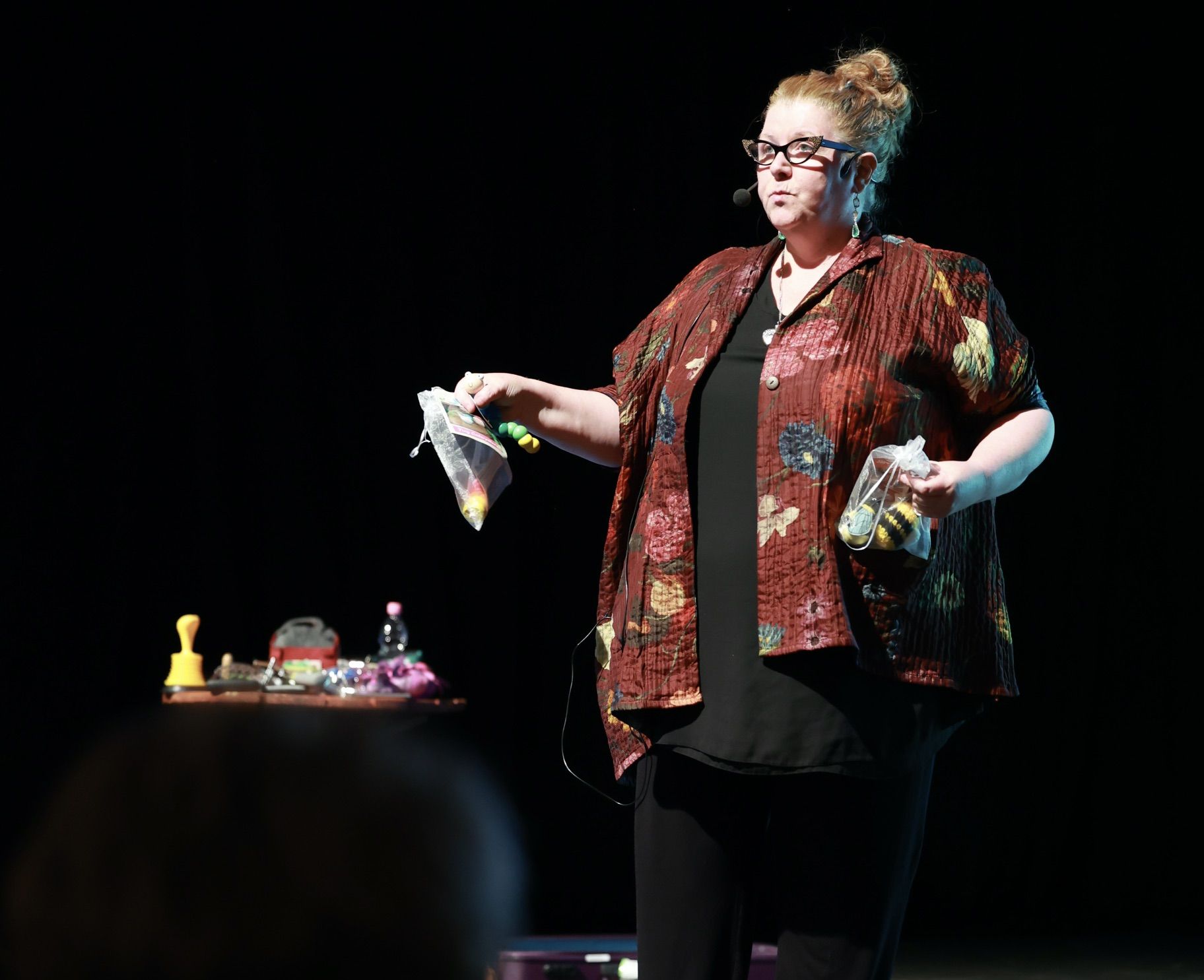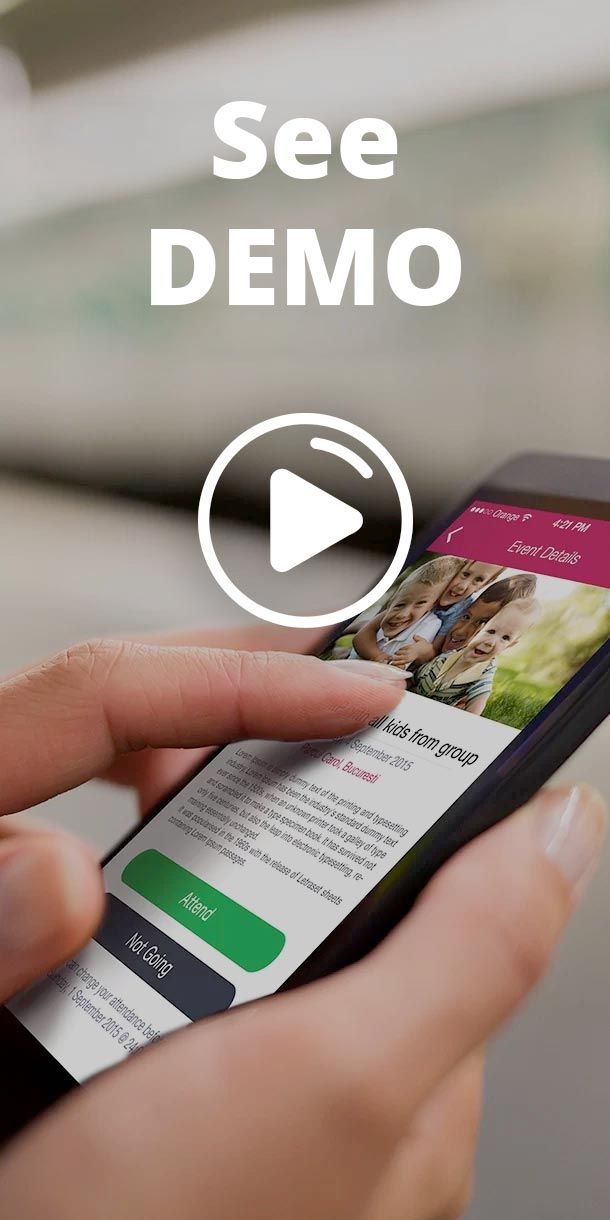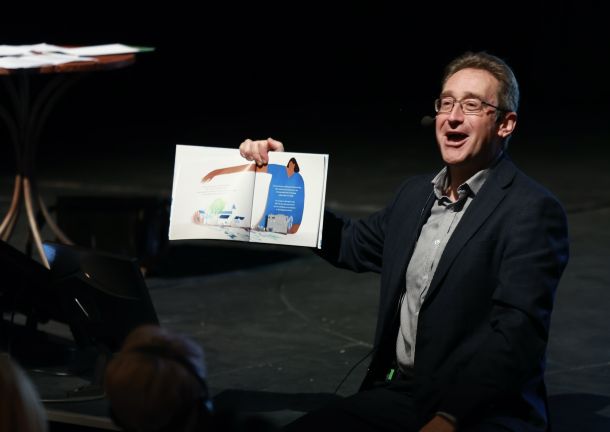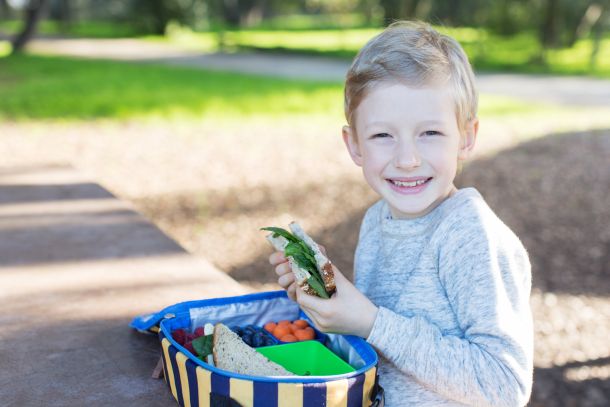
Alice Sharp on cultivating future job skills in early years
Studies show that Gen Alpha children seem to spend most of their first 5 years rather in the virtual world than in the real world. How does this translate to the educators shaping these future adults? In 15-20 years, today's preschoolers will be looking for jobs in a society much more dominated by technology and AI than we see now. And what kind of skills are they supposed to foster in this context?
For early years educators, who lay the foundation of learning for children, the stakes are high. Their role is, according to the curriculum, to teach children to write, read and count. But the little ones get bored quickly. That's why Alice Sharp, author, learning designer and consultant for early years education, believes that educators should guide learning by becoming part of the story. And one of the most effective ways to do that - if not the only one at such an early stage - is through play. Not in the virtual world, but in the real one.
Play for today, but imagine for the future. (Alice Sharp)
In her lecture “Enriching Language and Communication through Play'' offered during the First7 Early Years Conference in Bucharest, she talked about what she calls the six golden threads of pedagogy that educators can use to create exciting and inviting worlds that help build those skills they will need later on.
Alice Sharp's 6 golden threads for skill building in the early years
1. Build curiosity
It’s easy to build curiosity with kids as long as we make things look interesting.
Instead of just leaving toys on the floor for them to play, ignite their interest through play and storytelling about the objects at hand. Use bags and containers to spark curiosity, make up stories about the toys. Put yourself and themselves inside that story, as participants, to make it more enticing.
Once ignited, their curiosity will make them investigate, then to make discoveries and then to talk about it, and they get more excited. And that’s how they learn.
2. Foster connections and relationships
Children connect with each other, they form bonds and attachments, they relate to the environment they play in every day. Healthy relationships with all these entities can be developed through play.
Some impactful connection exercises to try on kids are nursery rhymes such as "If You’re Happy and You Know It" (adapted with challenges depending on their age, so that they connect to each other) or "Leopard Has Lots of Spots" to encourage your connection to them or for them to play on each other’s backs.
These exercises are impactful for parents too, especially for those who don't know how to play with kids, or who are embarrassed to do it.
3. Set the basics for language and communication
How children learn to pronounce certain sounds until they turn 3 is crucial for how they're going to speak and develop their vocabulary later on.
We have many 4-5 year olds in the world that don't have the language for objects, Sharp mentioned.
So educators have to invite them to utter and reproduce the sounds they hear, even onomatopoeia. In their early years, Alice Sharp says, it’s crucial that they practise these with their faces, to feel the sounds in their cheeks, in their jaws, only to learn to name objects.
In her lectures and exercises, Sharp insists on personalised learning every step of the way. Although some curricula and some parents want children to learn to speak as soon as possible, every child has their own learning rhythm. So Sharp refers to the pyramid of language, a system in which language development is arranged in blocks:
- Babbling
- Hearing
- Attention
- Listening
- Vocalisation
- Turn-taking
- Pointing
- Gesture
- Verbal understanding
- Situational understanding
- Using single words
- Simple conversations
- Understanding and using phrases and sentences.
Language acquiring builds around these blocks, not necessarily in a specific order. However, children should go thoroughly through every block in their own time to make a full and healthy development.
4. Focus on thinking
The purpose of this step is to understand how the kids’ brains process all that’s going on around them and make sense of it.
At this stage, a fun way to challenge kids is to play with the mathematics, the specificity and the physicality of objects.
Display an array of the same sort of objects and let them play around with arranging them by shape, by colour, by type or use (if they know that). Let them build, tear apart and rebuild, if that is the case. In her own exercises, Sharp uses collections of tens or hundreds of spoons, pebbles, balls and the like.
Interestingly enough, although we encourage kids to build things (as a starting point for strategic thinking), we rarely allow them to de-construct noticed education consultant Pam Mundy in another lecture during the same event. Why shouldn't disassembling things also be considered powerful enough to foster thinking?
5. Develop creativity
All parents dream of having creative and inventive kids that know how to navigate through different situations. And that means being able to adapt, to tackle every situation creatively.
To develop creativity the right way, says Alice Sharp, we need to think about what we expose the kids to. They don't learn if we don't expose them to learning experiences and open occasions for them to utter some words, learn them and use them. It is also about how we encourage inventiveness and freedom to express.
Adults remember about 10% of the information they’re exposed to on a daily basis. With kids it is the same. So if their experience isn't rich, they don't learn or their learning is limited.
As such, the more physical the play, the more words related to objects children could to learn (verbs, nouns, adjectives and their respective synonyms).
6. Ensure well-being
Although left last, this gold thread is perhaps the most important, says Sharp. It’s the children's emotional and physical well-being, their active involvement with all their senses into the present, and how their social engagement and collaboration skills reflect in their overall attitude.
Or, as Olimpia Meșa, a learning design expert, pointed out during one of Kinderpedia's Expert Talks, educators today need to pivot their focus from simply teaching stuff to considering how they're doing it. They serve as facilitators, guiding little ones through a vast sea of information while also establishing routines to ensure their overall well-being.
After going through these six golden threads, we might notice that they are actually based on essential needs that every child displays. Their essence lies in the methodology, in how they are translated into active play to achieve learning.
Indeed, their purpose is to shape up tomorrow’s adults and their skills. Truth is that we don’t know the skills they will need. But surely, the jobs of the future, as extravagant as they might seem, will still require basic skills such as being a good communicator or knowing when and how to create connections.
So what today’s educators need to do is to teach kids literacy and communication skills so that they adapt. And while doing that, remember an essential aspect: every child is open to take away whatever we expose them to. Hence the importance of exposing them to sensory environments, rich in vocabulary and in stories.
This November, the Early Years Education Conference focused on "Communication, language and writing". The presentations addressed the acquisition of language and communication skills in children up to 5 years old through age-appropriate methods: a lot of participatory games and interactive methods designed to arouse children's curiosity and interest.
Kinderpedia, the all-in-one school and kindergarten management platform, supported the event for the second year in a row. Kinderpedia encourages access to an innovative learning experience, adapted to the times we live in. We provide educators with modern web and app software, with intuitive functionalities, designed to simplify their work and support them in synchronising with the connection and communication needs so essential in children's development .

Kinderpedia
The complete communication and management solution for schools and childcare centres.
Simplifies teachers' work and brings parents closer to their children's school progress.
Recommended articles
Want to improve your center quality? Kinderpedia is here to help! Not only do we provide thousands of informational content pieces like blog posts, podcasts, webinars and more, we are also makers of the #1 Rated and Reviewed Childcare Software.







